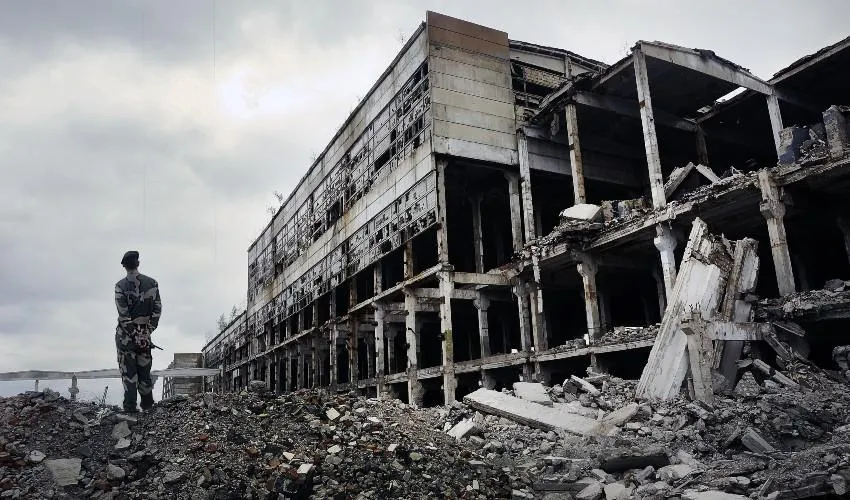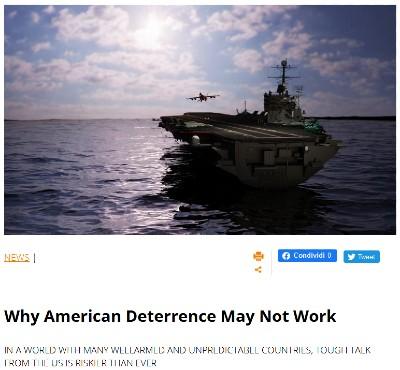
When a Superpower Barks, Dictators Bite
While most people acknowledge the inherent wickedness of politically motivated military interventions in other countries, politicians have often upheld the logic of realpolitik to justify toppling mischievous regimes or threatening to do so. Acting this way could deter dictators from an awful lot of misbehaving, they claim. In his latest paper, appeared on the American Political Science Review, Livio Di Lonardo, Assistant Professor of Political Science at Bocconi, argues against that logic.
If anything, the grip on power of autocrats is made stronger by the threat of possible military interventions from a foreign state. By the same token, the opposition groups that such foreign state hopes to protect end up being more oppressed compared to the scenario where the threat of external intervention did not exist. Conversely, when various opposition groups exist, both distant and close to the foreign power, the distant ones (imagine ISIS and the USA in the Syrian context) enjoy a lower level of repression when a credible threat to the regime is present.
To demonstrate this, Professor Di Lonardo employs a quite sophisticated formal model which compares two scenarios in which a rogue leader chooses a preferred level of internal security (or oppression of the opposition) able to guarantee him/her survival in government, given the strength of the opposition groups and the cost that a foreign actor has to sustain to get involved in the autocrats' affairs. In the first scenario, the dictator makes his choice without the presence of a foreign threat, whereas in the second scenario he/she knows that a foreign power is thinking about intervening. The difference in equilibria between the two scenarios delivers quite interesting results, especially when including an ideologically aligned or misaligned opposition group.
Firstly, we know that the survival in power of an autocrat depends on the level of investment in security that he chooses. When a foreign actor is included in the model, the dictator has to put in place a level of security that not only protects him from the opposition but also from the external power. The higher the security level, the more costly the intervention becomes for the third power. Obviously, if the level of security needed to deter the external power is lower than the one needed to deter the challenges from the internal opposition, the dictator will not lower its security investment because he would risk being ousted at home. In the opposite case, the dictator will not hesitate to raise his security investment to a level where he can both deter the internal and external opposition. Therefore, the presence of a security threat can increase the level of internal repression, but it can never decrease it. As such, it can only make the dictator's hold on power stronger, never weaker.
Secondly, the threat of foreign intervention can be similarly inconvenient for those oppositions that the foreign actor actually likes. The dictator knows that when there is a likeable opposition ready to take power, the foreign actor is very much willing to intervene and get it done quickly. Therefore, more domestic security is needed. However, when the foreign actor knows that if they topple him, another (possibly worse) opposition is likely to take power (let's say ISIS in Syria), they'll probably think twice before intervening. As such, the survival of a nasty opposition group becomes unexpectedly vital for the dictator. This could explain why Assad focused his military actions against the most "western-friendly" oppositions rather than against ISIS or Al-Nusra. He wagered that the USA wouldn't have taken the risk to get rid of Assad only to see extremists in power in a few years.
Di Lonardo, L., Sun, J. S., & Tyson, S. A. (2020). "Autocratic Stability in the Shadow of Foreign Threats". American Political Science Review, 114(4), 1247-1265. DOI: 10.1017/S0003055420000489.
 |
Read the interview with Professor Di Lonardo |